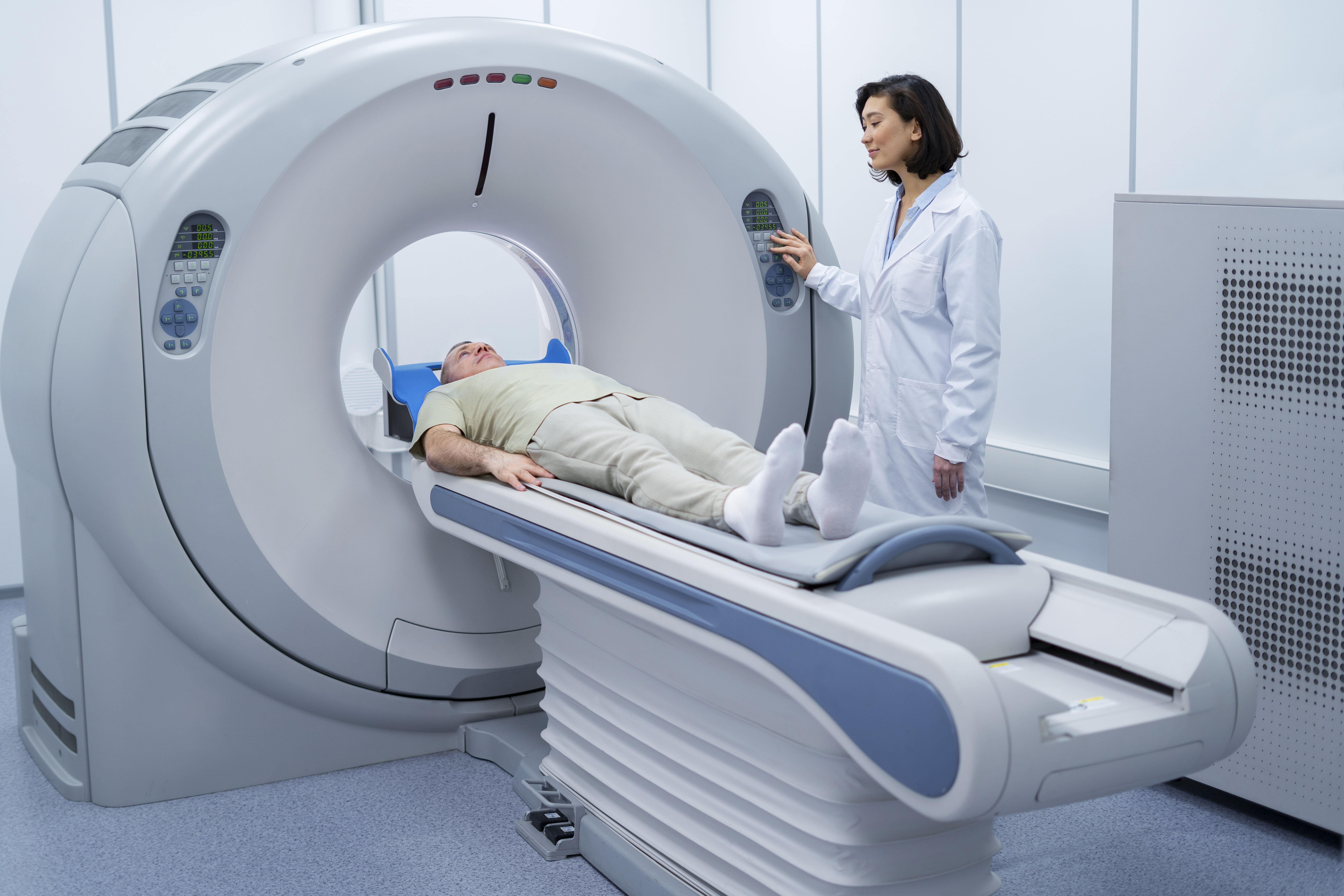Recent Services
- Otology
- Cochlear and Hearing implants
- Nose and Sinus (Rhinology)
- Voice and Throat (Laryngology)
- Dizziness and Vertigo (Neuro-otology)
- Children (Paediatric) ENT
- Snoring and sleep-apnea
- Head and neck cancer
- Thyroid swelling
- Head neck swelling
- Nasal Allergy- Allergin rhinitis
- Difficulty in swallowing
- Difficulty in breathing

Head and neck cancer encompasses malignancies affecting the oral cavity, throat, larynx, nasal cavity and sinuses. Symptoms can include persistent sore throat, unusual lumps or swelling and changes in voice or swallowing difficulties. Early detection is crucial for effective treatment and our approach includes comprehensive evaluations, advanced imaging and biopsies to diagnose the specific type and stage of cancer. Treatment options may involve surgery, radiation therapy, chemotherapy or a combination of these modalities, tailored to the patient’s condition. We emphasize a multidisciplinary approach to ensure the best outcomes, integrating the expertise of oncologists, surgeons and rehabilitation specialists. Our goal is to provide personalized care that addresses both the physical and emotional aspects of cancer treatment, enhancing overall quality of life.





